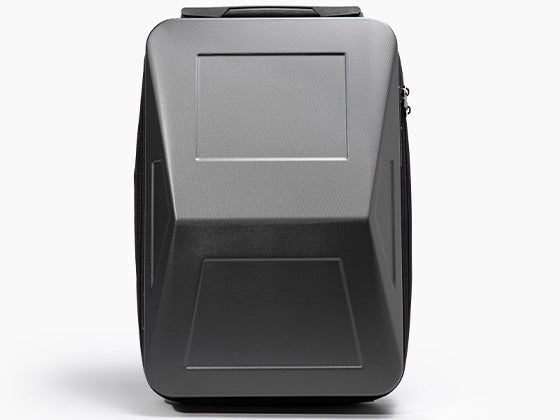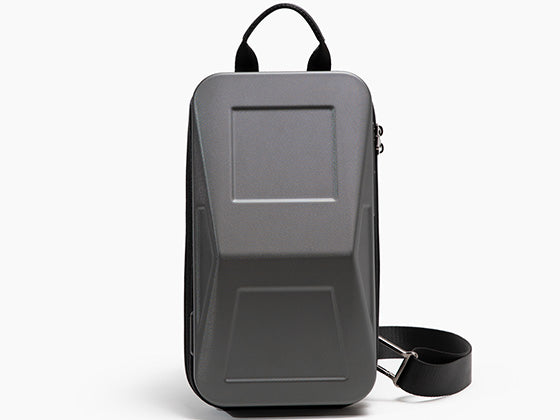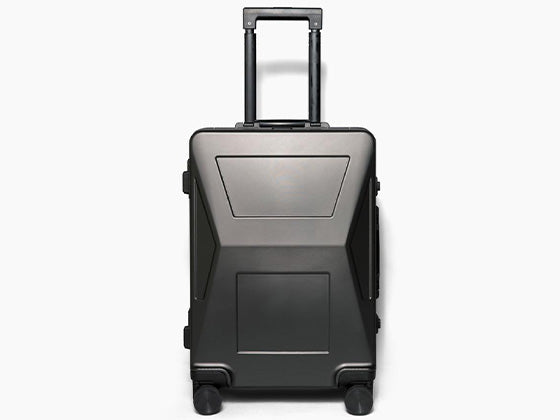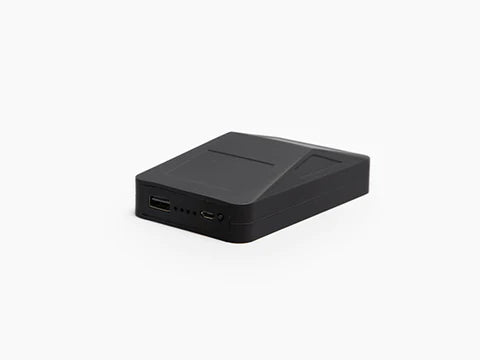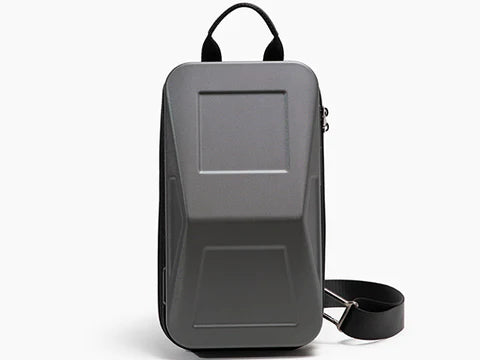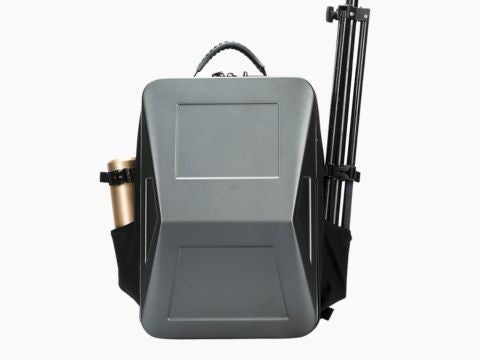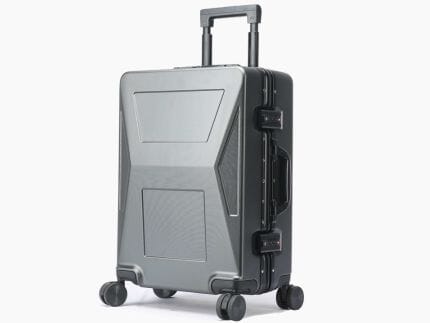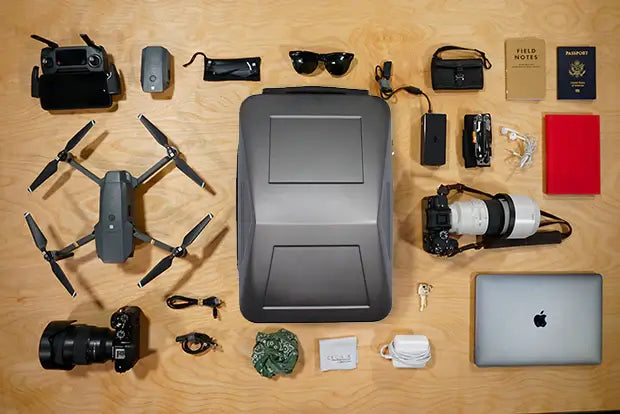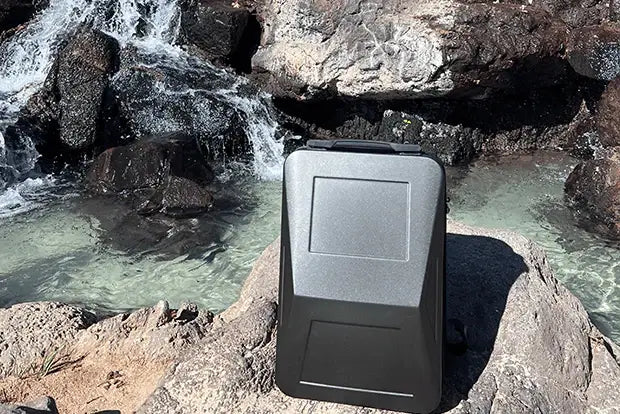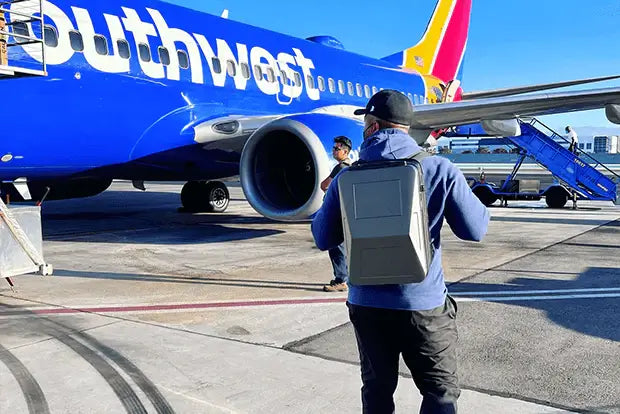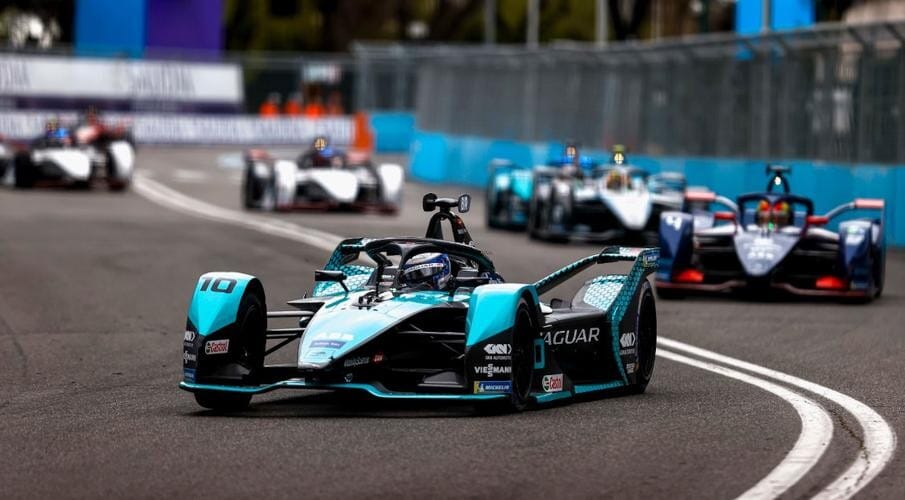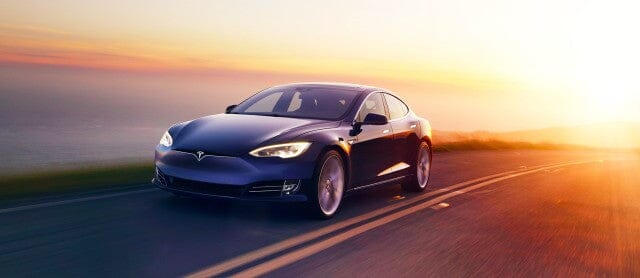Private car ownership has been the norm for decades, and many people have fond memories of driving the family or owning a car handed down by someone in the family. Many adults cherish the freedom to go wherever and whenever they want that private car ownership allows them.
However, it seems things are about to change with people’s relationship with their cars. CEO of Honda, Toshihiro Mibe, has even predicted his company may stop making cars as he thinks car sharing will remove the need for privately owned vehicles that we use.
Is it possible that private car ownership will cease being the norm in the future? Let's look at a couple of reasons why that may be so.
The average car spends 90% of its lifetime parked. When you think about it, fewer things that we spend so much money on. get as much idle and unused capacity as do our cars.
Therefore, it makes sense to hand over our transportation to ride-hailing platforms like Uber and Lyft which lets fewer cars on the road do the job, instead of having lots of cars that remain unused most of the time or at best contain only one passenger the majority of the time. Shared vehicle ownership is a more efficient way to use our vehicles and will lead to a decrease in the overall cost of transportation and global warming.
Speaking on costs, it is no secret that inflation has made Millennials earn less than their predecessors. This has made home and car ownership more difficult, especially for first-time buyers. As a result, ride-hailing platforms that promise to deliver a car to you anywhere you are and at a lower cost are gaining popularity.
A study claims that ride-hailing is cheaper, especially if you live in a city and do not generally travel long distances. As more people see the economic benefits of using transportation-as-a-service platforms, they will begin to value private car ownership less.
There are reasons to believe ride-hailing will get cheaper in the future. First is the increasing popularity of electric cars that cost far less to operate, allowing ride-hailing platforms like Uber and Lyft to charge less over time. Also, autonomous driving, which automakers and startups are developing, will let car-hailing platforms reduce their costs because human drivers will not be needed.
This will make transport-as-a-service much more attractive to the detriment of private car ownership. Event Tesla has hinted at plans to throw its hat into the ride-hailing ring with an autonomous twist.
So, will private car ownership cease in 20 years? While it will be extreme to say equivocally yes, there are clear indications that our attitudes towards private car ownership is beginning to change.
